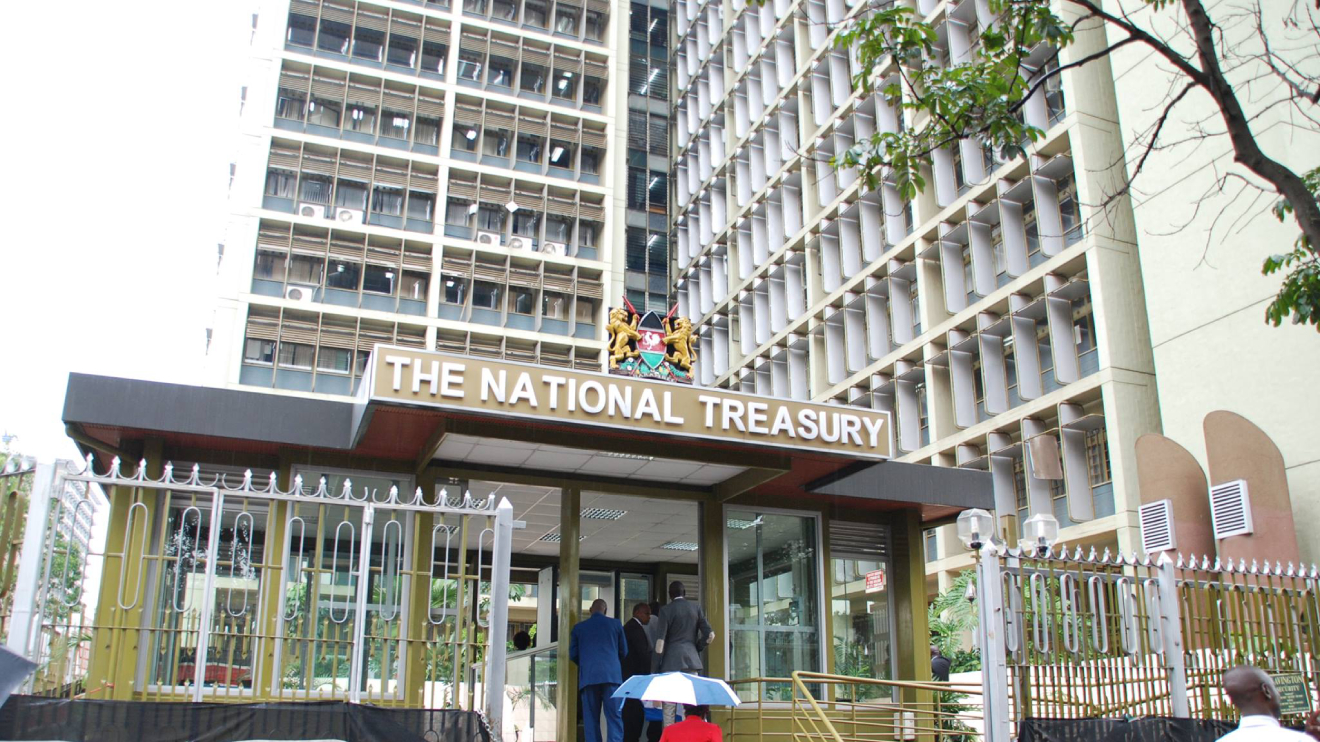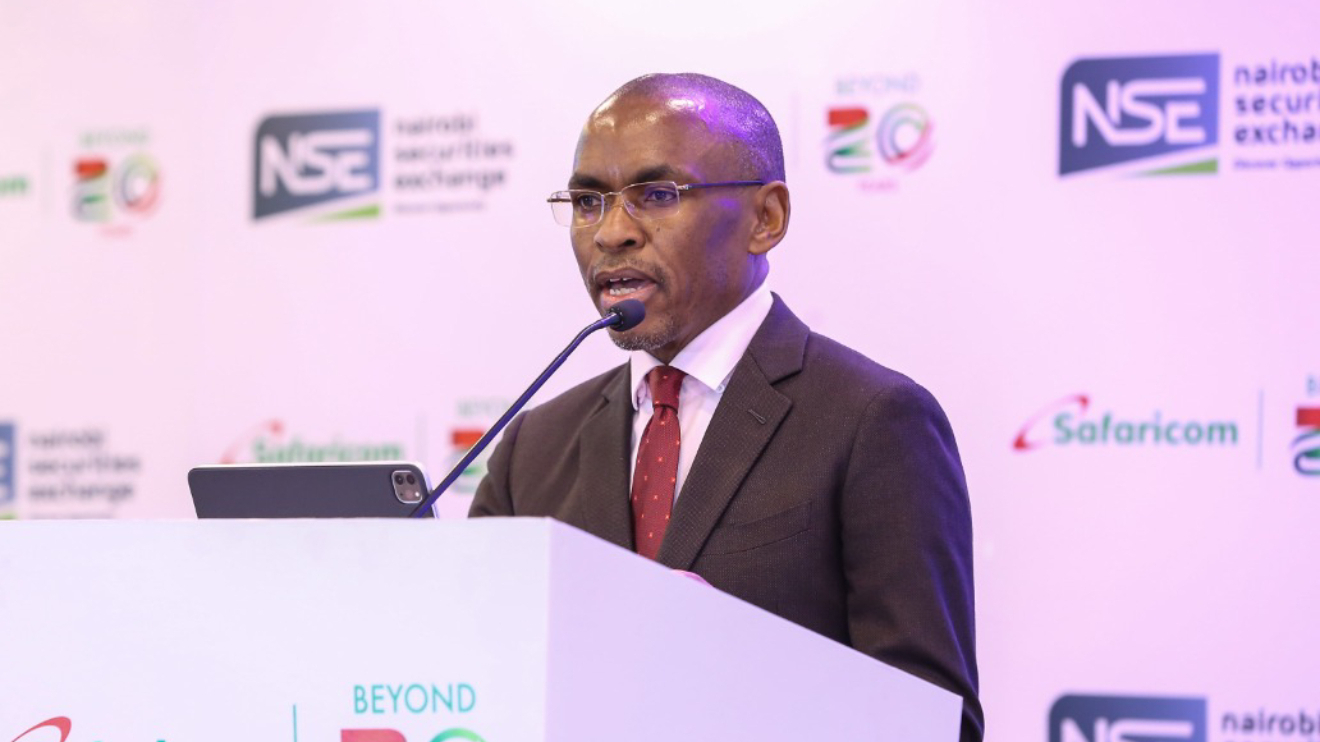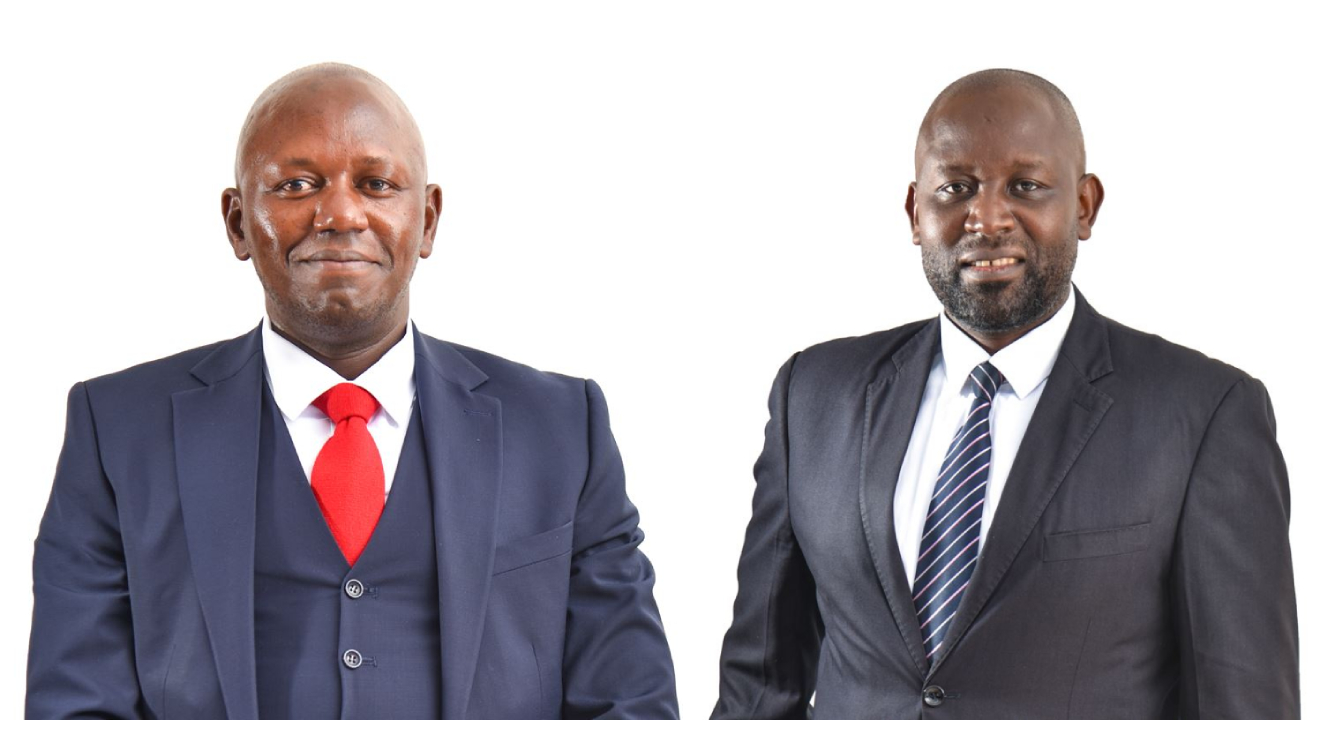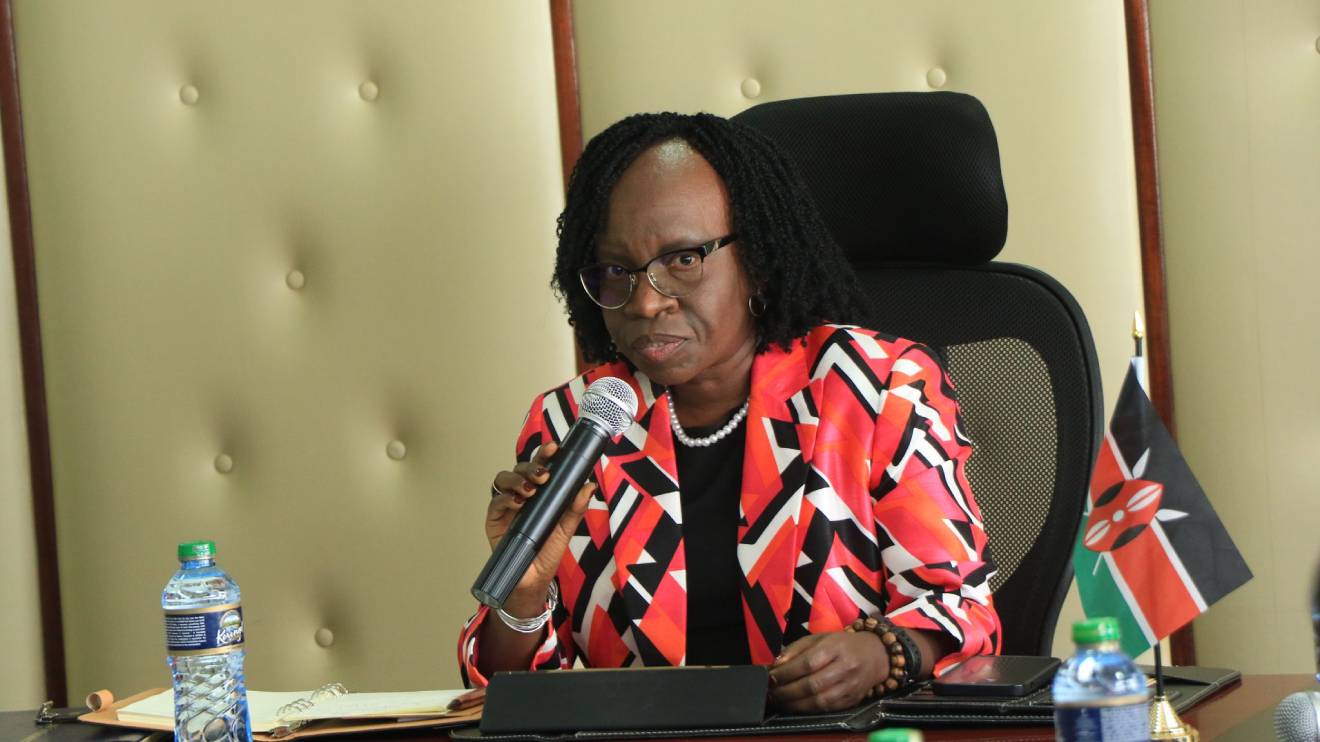The National Treasury of Kenya has set a historical record by accumulating emergency loans directly from the Central Bank of Kenya (CBK), with the overdraft reaching an unprecedented Sh91.13 billion.
This staggering figure sheds light on the extent of the exchequer's financial strain, exposing a cash crunch that has compelled the government to tap into last-resort avenues to meet its short-term financial obligations.
The overdraft facility, primarily utilized to address immediate payment needs such as salaries and priority recurrent expenditures like debt repayments, has seen a rapid escalation in recent months.
Data from the CBK reveals that the government's overdraft has surged from Sh61.12 billion at the end of July to Sh91.13 billion on December 1, marking a notable increase during November when it moved from Sh73.93 billion at the end of October to Sh88.33 billion.
"The overdraft facility is a temporary source of cash to fund the deficit in payments of domestic instruments such as matured Treasury bills," explains the Controller of Budget.
Read More
Regulated by the Public Finance Management Act, the overdraft facility is capped at a maximum of five per cent of the most recent audited revenues and is expected to be repaid by the end of the financial year.
However, the current overdraft balance surpasses the last limit set at Sh80 billion, which covered the 2022/23 financial year.
Economists attribute the heightened reliance on the CBK overdraft to a cash-strapped government operating within a tight fiscal space.
The fiscal challenges stem from expanded expenditures amidst dwindling revenue sources, including subdued taxes and constrained external financing.
In a recent statement, Abraham Rugo, the Country Manager for Kenya at the International Budget Partnership, emphasized the significance of the overdraft facility in addressing short-term cash-flow challenges.
"The overdraft facility is a plug to short-term cash-flow difficulties. Over the last few months, the balance on this facility has been running very high, informing of the tight fiscal space we are running," Rugo stated.
"There is less and less money for running basic government services where most of everything recurrent outside paying salaries may be funded out of the overdraft."
The interest levied on the overdraft facility typically aligns with the prevailing Central Bank Rate, presently standing at 12.5 per cent adds to the financial burden.
The Controller of Budget reports that spending on repayments to the overdraft facility for the first three months of the current fiscal year (2023/24) totalled Sh980.7 million.
Critics have scrutinized deficit financing from the CBK overdraft, likening it to the monetization of the funding gap, a practice often equated to the government "printing money" out of thin air.
Intriguingly, Treasury Cabinet Secretary Prof Njuguna Ndung’u, formerly the CBK governor, once cautioned against borrowing from the reserve bank, citing inflationary risks.
Anticipated to persist as a prevailing strategy, CBK overdrafts underscore the government's challenge to deliver services amid constrained funds, leading to delays in salary payments for civil servants throughout 2023.








-1757101509.jpg)